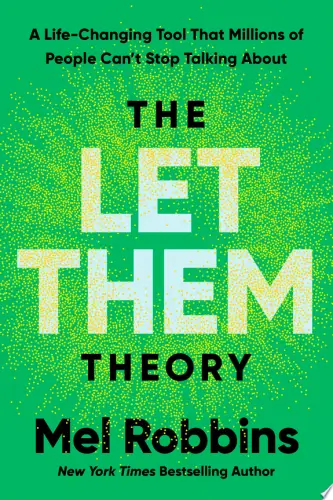
The Let Them Theory
A Life-Changing Tool That Millions of People Can't Stop Talking About
What's it about?
The Let Them Theory by Mel Robbins invites you to reconsider your approach to relationships and personal boundaries. You’ll discover the power of acceptance and how letting others be who they are can lead to a more peaceful life. Robbins emphasizes the importance of self-awareness and choosing your responses, rather than trying to change others. This book offers practical strategies to foster healthier connections and encourages you to embrace vulnerability as a strength. Engage with these insights to transform your interactions and enhance your well-being.
About the Author
Mel Robbins is an American motivational speaker, author, and television host known for her practical and straightforward approach to self-help and productivity. She gained prominence with her book "The 5 Second Rule," which focuses on the power of decision-making to overcome procrastination and drive personal change. Her work emphasizes action, courage, and simplicity.
5 Key Ideas of The Let Them Theory
The Power of Saying 'Let Them'
Adopting a 'let them' mindset allows you to release control over others' actions and reactions, freeing yourself to focus on your well-being.
Imagine witnessing a coworker take credit for your idea in a meeting. Instead of reacting with anger, you decide to 'let them'; this releases you from the stress of the situation and empowers you to move forward with grace and clear focus.
- Reduces Stress: Letting go of control over others diminishes anxiety and promotes peace.
- Enhances Self-focus: It redirects energy from external issues to internal growth.
- Improves Relationships: Allowing others to be, creates more authentic connections.
Identify a situation where you usually try to control others' responses—start by consciously saying 'let them', and observe the emotional relief it brings.
People often believe letting others be means apathy, but it's about choosing where your energy goes, not about being indifferent.
Be the Watcher, Not the Reactor
Cultivating the role of an observer in emotional situations gives you the space to choose your responses wisely.
Think about the last time you reacted impulsively. Imagine being a spectator in that moment—how might slowing down have changed the outcome?
- Builds Emotional Intelligence: Observing first increases understanding of emotional triggers.
- Empowers Decision-making: Allows the time to choose reactions that align with your values.
- Promotes Inner Peace: Less reactive behavior leads to a calmer state of mind.
In your next emotional interaction, take three deep breaths before speaking to practice being an observer rather than a reactor.
Assuming that becoming an observer means suppressing emotions; instead, it’s about giving yourself a moment to process them healthily.
Perception Shift: From Threat to Opportunity
Reframing challenges as opportunities transforms threats into growth experiences.
Consider a friend who's always critiquing you. Instead of seeing them as a menace, look at their criticism as a tool for self-improvement and growth.
- Boosts Resilience: Changing perception builds mental strength.
- Encourages Proactivity: Sees potential in setbacks to move forward.
- Inspires Creativity: Turns limitations into creative solutions and paths.
When faced with a challenge today, write down three ways it could offer a new opportunity or a lesson.
Avoid cynically viewing all criticism as a personal attack. Not all feedback is negative; some can be invaluable advice for growth.
Deeper knowledge. Personal growth. Unlocked.
Unlock this book's key ideas and 15M+ more. Learn with quick, impactful summaries.
Read Full SummarySign up and read for free!
The Let Them Theory Summary: Common Questions
“Let them worry about you. You have to worry about yourself.” This powerful quote from Mel Robbins' The Let Them Theory really struck a chord with me. The book challenges conventional thinking about self-care and prioritizing one's own needs over the expectations and worries of others. Robbins deftly argues that we often hold ourselves back by overthinking how our choices will affect those around us, instead of forging ahead with what we truly want.
What had me hooked was Robbins’ practical approach to enforcing boundaries and shifting the focus back to ourselves. She provides relatable anecdotes and actionable insights that made me question my own habits of people-pleasing. At times, I found myself scratching my head over the idea of letting go of societal pressures entirely—how do we reconcile personal desires with interpersonal relationships? But Robbins navigates these complexities with grace, leaving the reader feeling empowered to make bold choices.
Overall, I found The Let Them Theory to be a refreshing take on individualism, akin to books like The Subtle Art of Not Giving a Fck* by Mark Manson. If you’re looking for a way to reclaim your time and energy from the clutches of unnecessary worry, this book is a must-read. Highly recommend it!
Experience Personalized Book Summaries, Today!
Discover a new way to gain knowledge, and save time.
Sign up for our 7-day trial now.
No Credit Card Needed

Similar Books

This Is Your Brain on Joy
Earl Henslin
Flight SQA016
Amanda Radley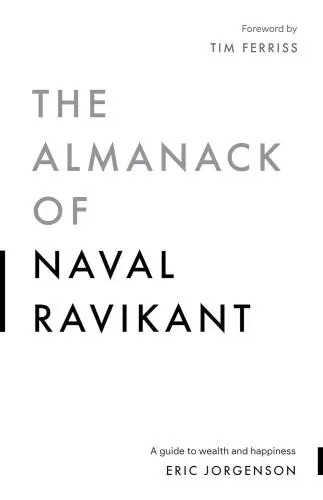
The Almanack of Naval Ravikant
Eric Jorgenson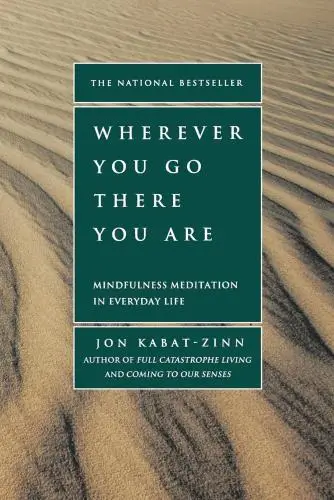
Wherever You Go, There You Are
Jon Kabat-Zinn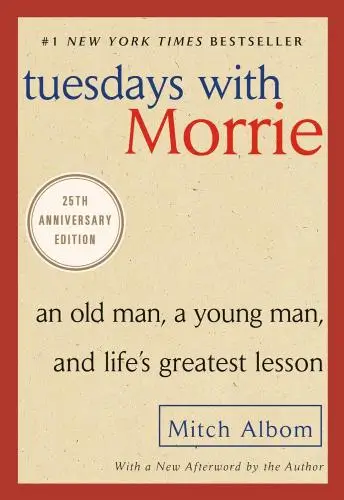
Tuesdays with Morrie
Mitch Albom
Think Like a Monk
Jay Shetty
The Art of Happiness
Dalai Lama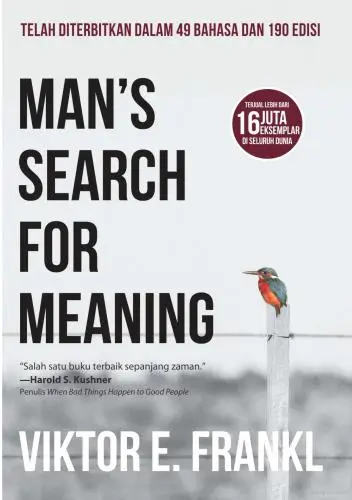
Man's Search for Meaning
Viktor E. Frankl
Comprehensive Casebook of Cognitive Therapy
Frank M. Dattilio
Learning Habits
Sarah NichollTrending Summaries

Peak
Anders Ericsson
Never Split the Difference
Chris Voss
Smart Brevity
Jim VandeHei
The Psychology of Money
Morgan Housel
The First 90 Days
Michael D. Watkins
Atomic Habits
James Clear
Thinking, Fast and Slow
Daniel Kahneman
The Body Keeps the Score
Bessel van der Kolk M.D.
The Power of Regret
Daniel H. Pink
The Compound Effect
Darren HardyNew Books

Forex Trading QuickStart Guide
Troy Noonan
Comprehensive Casebook of Cognitive Therapy
Frank M. Dattilio
The White Night of St. Petersburg
Michel (Prince of Greece)
Demystifying Climate Models
Andrew Gettelman
The Hobbit
J.R.R. Tolkien
The Decision Book
Mikael Krogerus
The Decision Book: 50 Models for Strategic Thinking
Mikael Krogerus
Fichte
Johann Gottlieb Fichte
Do No Harm
Henry Marsh
